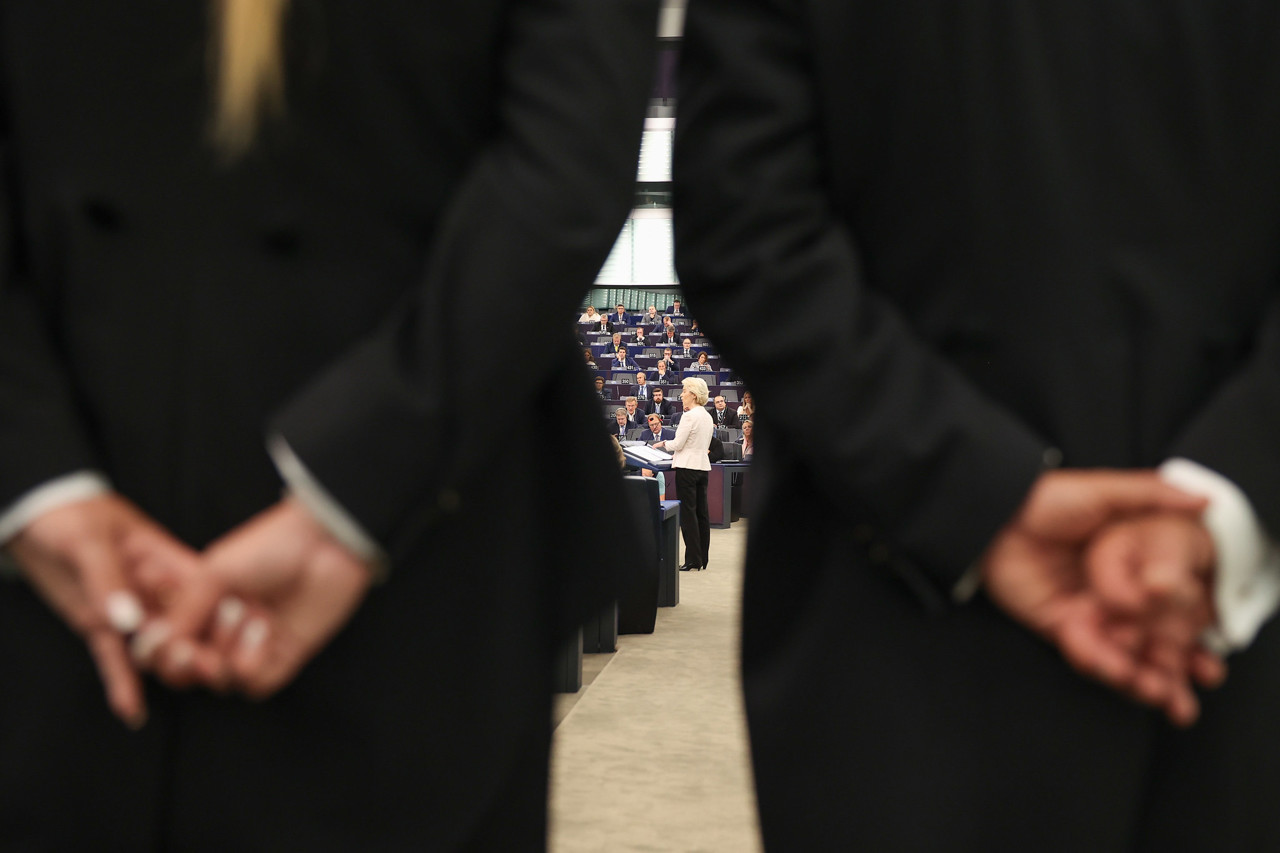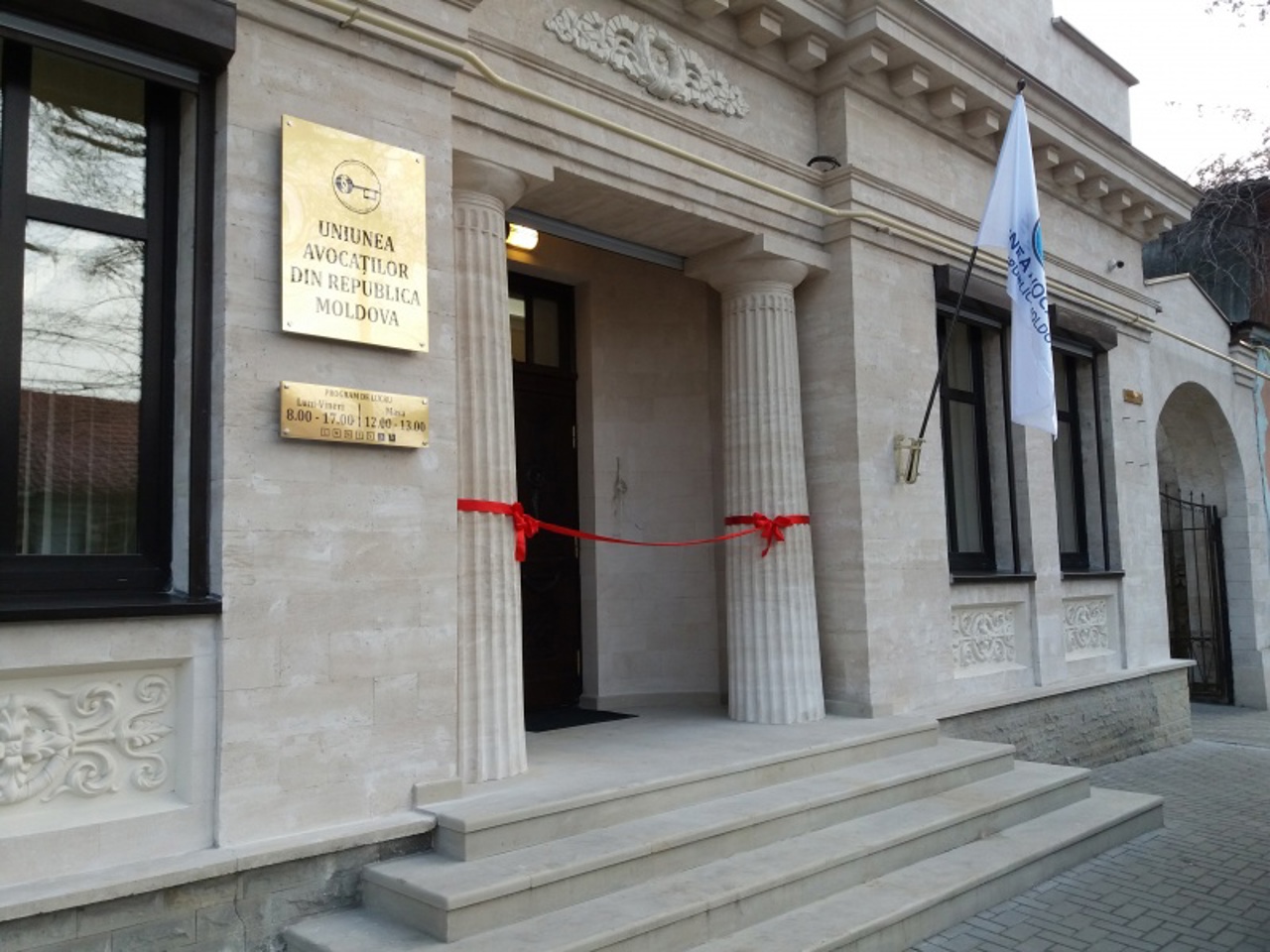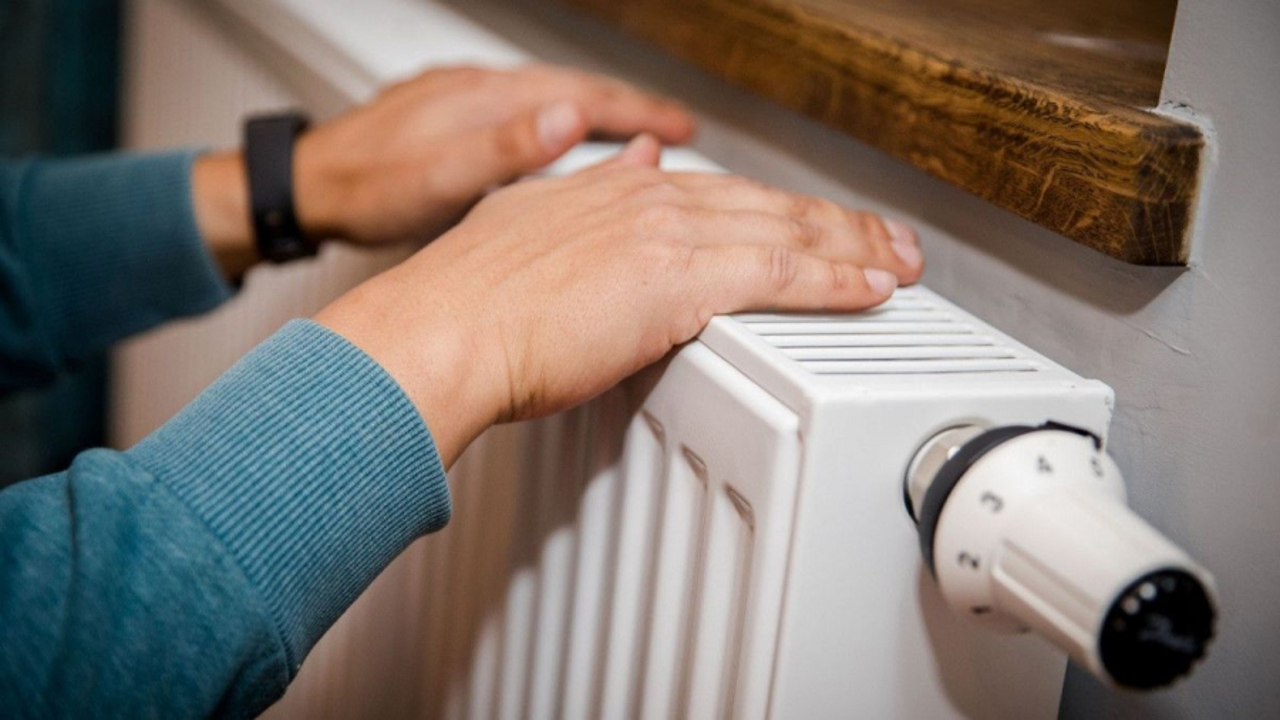Von der Leyen Reconfirmed: EU Policy Continuity Ahead
On Tuesday, July 23, the European Parliament in Brussels will commence its initial discussions and negotiations among MEPs regarding the allocation of positions and roles in various parliamentary committees and commissions.

While some roles are already known — for instance, David McAllister from the PPE is expected to lead the Parliament's committee on external affairs — competition for other significant positions will be intense. Various alliances are forming among deputies with differing, sometimes opposing viewpoints, to such an extent that Le Monde's weekend editorial questioned why such dynamics are not possible in the French Parliament.
Meanwhile, the European Commission, whose head was reconfirmed by Parliament, provides a measure of stability in a chaotic world. Starting Thursday, July 18, Ursula von der Leyen, reconfirmed as head of the European Commission, will offer continuity in the direction set by the twenty-seven EU member countries for the next five years. The incumbent president secured a majority in the European Parliament, which had not been guaranteed.
The June 9 European elections, marked by a rise of the far right and a setback for the Greens and Renew liberals, could have weakened von der Leyen, who has become a symbol of an increasingly contested green Europe and a target for criticism of bureaucratic excesses. Despite this, von der Leyen managed to secure a somewhat broader base than she did in 2019 for her first mandate.
This stability comes at a price. Von der Leyen had to make concessions to each party in her majority. The PPE conservatives, social democrats, ecologists, and liberals found what they were seeking in proposals that are generally broad and rarely quantified.
The concept of coalition, which seems so difficult to implement in France’s National Assembly, has succeeded once again at the European level. The fact that some French MEPs from the ecologists or right-wing Republicans did not align their votes with their European Parliament groups to elect von der Leyen highlights France's difficulty in seeking compromises.
Her skill was in telling each party in her majority what they wanted to hear. The topic of free trade was carefully avoided to prevent upsetting the French. The reinforcement of border security was mentioned to appease the right, Poland, and the Baltics, but with few details. To address the farmers' recent discontent, the president promised a new strategy that is still to be defined.
The climate agenda is reaffirmed, beginning with its most prominent measure: the ban on the sale of internal combustion engine vehicles starting in 2035. Support for Ukraine remains unwavering, accompanied by the promise to build a “European Defense Union.”
Finally, the president of the Commission reiterated her commitment to the rule of law, openly criticising the behaviour of Viktor Orban, the Hungarian Prime Minister. Additionally, Giorgia Meloni's decision not to call on her parliamentary allies to support her frees her from obligations to Rome and Fratelli d'Italia, the post-fascist party led by the Italian Prime Minister.
The composition of the college of twenty-seven commissioners this fall will be the first test to assess the coherence of European policy. As Le Monde noted over the weekend, Ursula von der Leyen must heed the famous phrase by Cardinal de Retz: "We escape ambiguity only at its expense.”
Author: Dan Alexe
Translation by Iurie Tataru




